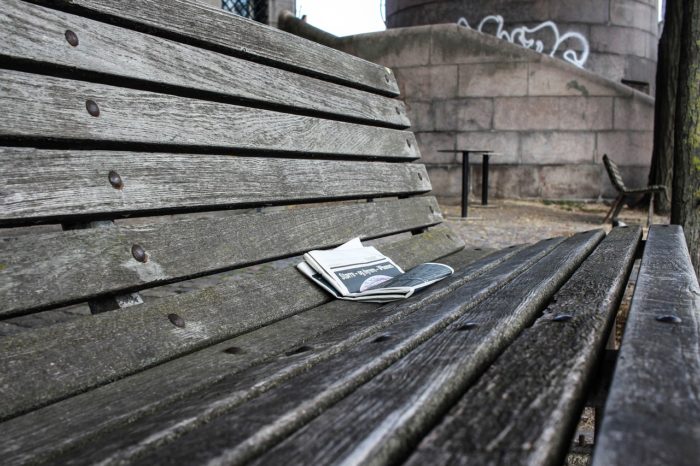
A country’s ranking on the Freedom House press freedom index has a negative impact on its citizens engagement with news content. Shuning Lu, of North Dakota State University, and Luwei Rose Luqiu, of Hong Kong Baptist University, found the unexpected correlation by analysing survey responses from 36 countries and nearly 73 000 respondents.
The authors investigated two different types of news engagement, user-content and user-user engagement. Lu and Luqiu measured engagement with 13 questions. For example, willingness to comment on a news story on social media was considered user-content engagement, and discussing a story with friends was classified as user-user engagement.
Readiness for news engagement was compared with both individual and country-level factors. Most strikingly, press freedom seems to have a negative impact on user-content engagement and no impact on user-user (or aggregate) engagement. The authors believe this might be due to a some kind of a balancing effect: if the state represses media, active citizens will increase their engagement with news. Curiously, also internet penetration in a country had an overarching, negative impact on both forms of news engagement.
Lu and Luqiu also noticed factors that boost news engagement. Most importantly, a person’s confidence in their political knowledge and skills, i.e. “internal political efficacy”, appears to increase their willingness to engage.
The article “Does political efficacy equally predict news engagement across countries?” was published by the journal New Media & Society. It is available online on the publisher’s website (abstract free).
Picture: Untitled by Linus Schütz.